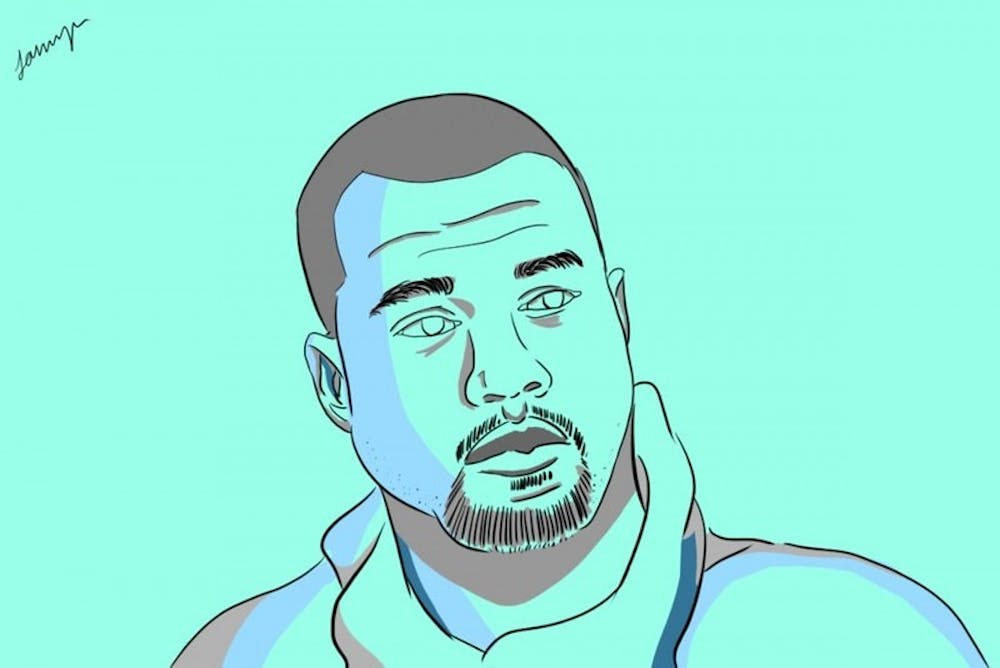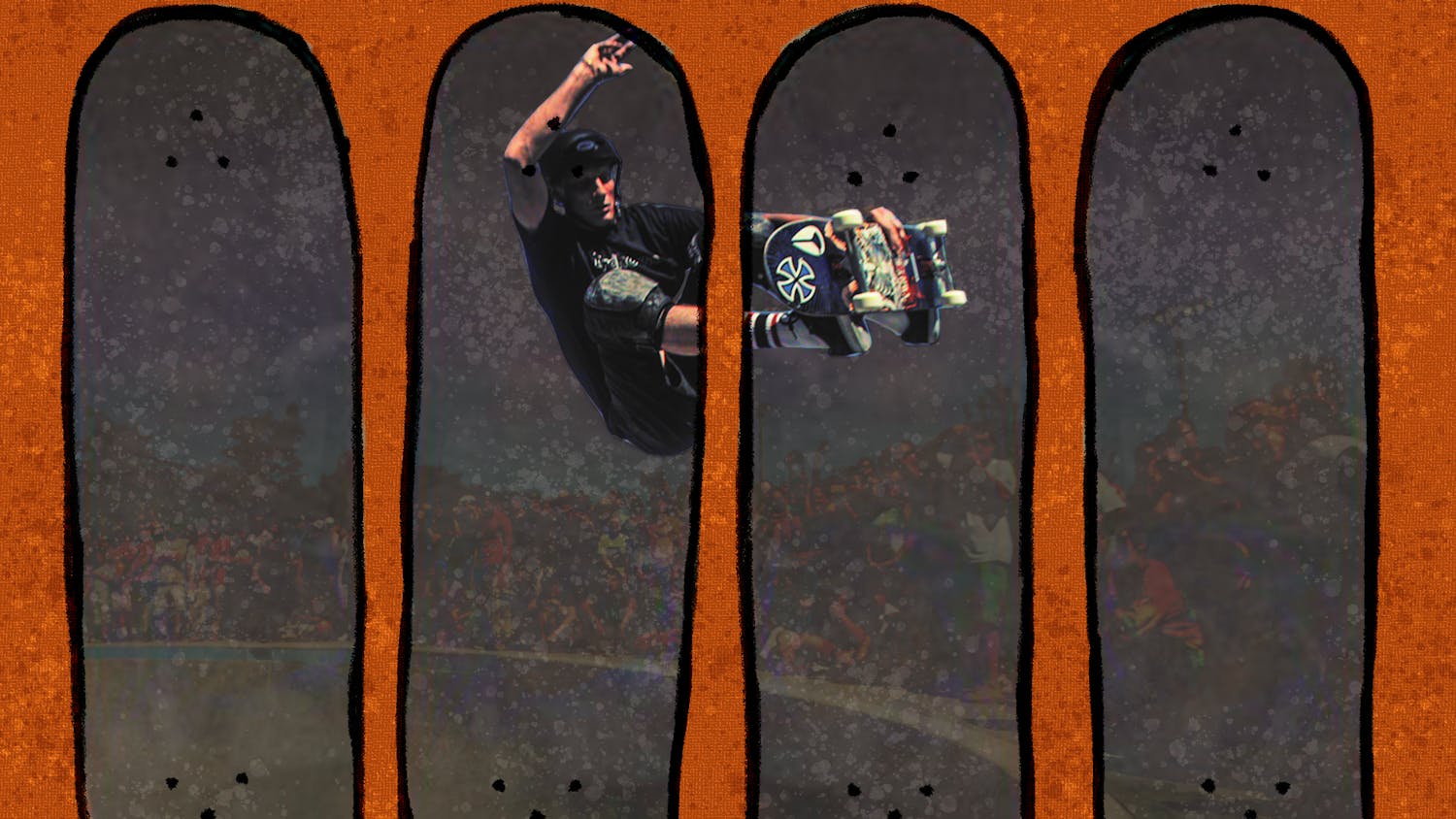At first listen, I wasn’t quite sure what to make of “I Love It,” the new track from Kanye West and Lil Pump. The track was released Sept. 7 alongside its music video at the inaugural Pornhub Awards, where West served as the creative director after reiterating his long–running enjoyment of adult entertainment. The song has blown up on social media through memes on Twitter and Facebook, receiving over 76 million views in its first week on YouTube. The video features West and Lil Pump wearing giant rectangular body suits as they follow a lady down a hallway lined with statues. With a vapid, misogynistic chorus of “You’re such a f***ing h**, I love it,” similarly superficial verses, and simplistic production, its success might seem confusing at first. Why exactly did “I Love It” end up being the first hip hop hit of Fall 2018, debuting at #6 on the Billboard Hot 100?
Utilizing a Platform
The most straightforward logic is simple—the artists had a large audience of attendees and television viewers following the first–ever awards ceremony for one of the internet’s premier adult entertainment websites. Pornhub is by far the most popular and wealthy forum for X–rated content, with millions of daily users. Given the scope of this initial platform and the subsequent social media shares by both artists to their sizable fanbases, there was already enough interest to generate a swarm of media attention.
Keeping it Catchy
Still, there has to be a way of drawing individuals back to the song after the first listen. In the case of “I Love It,” it’s the production and a selection of memorable lyrics that do the trick. With a minimalist drum and clap combination, the beat is quick to make you start tapping your feet, just like the artists in the video. Additionally, as West repeats phrases such as “I’m a sick f*** I like a quick f***,” it’s hard to not rap along with his flow despite the insipidness of the line.
Embracing the Memes
In order to go viral, however, there had to be something special about the music video. For West and Lil Pump, it seems that the outfits were huge hits, drawing comparisons to characters from the video game Roblox. The surrealist nature of the visual itself is also full of meme–able moments that have spawned numerous gifs on social media. In addition, West’s oversized slippers are a reference to a vacation gaffe that received heavy attention, furthering that narrative as well.
Considering those reasons together, it’s no wonder why “I Love It” has dominated the airwaves since its release. People have started to take part in the #ILoveItChallenge, where fans (including the Oregon Ducks mascot) parody the video by dressing up in the same oversized clothing as the artists. It’s clear that West and Lil Pump have nailed the media game with their new record.
So what do I make of “I Love It” and its success? Well, it’s clear that the impact of social media and pop culture, combined with hip hop’s evolution, has completely reinvented the standard for popularity. Regarding rap, the content of the song itself is shallow, but as I mentioned earlier, recent hip hop seems to emphasize production and punchlines over lyricism. Newer records might be painfully mediocre yet still entice thousands of listeners. I’m talking about you, mumble rap.
As for pop culture, it’s clear that media focus is now integral to sustaining success. The most popular artists always seem to be in the news for a myriad of reasons, oftentimes controversial (*cough* Kanye *cough*). It’s advantageous to announce a new release when you’re trending on Twitter or the subject of ten separate op–eds, as the audience is simply larger. In this case, West generated buzz when he was announced as the creative director of the awards show, which also entailed the release of “I Love It.”
Ultimately, West and Lil Pump were able to draw significant attention through the use of creative visuals and a unique platform, in spite of the abysmal quality of the song itself. As an art form, it appears as if the music video and marketing approach are both becoming more important than the music itself.







